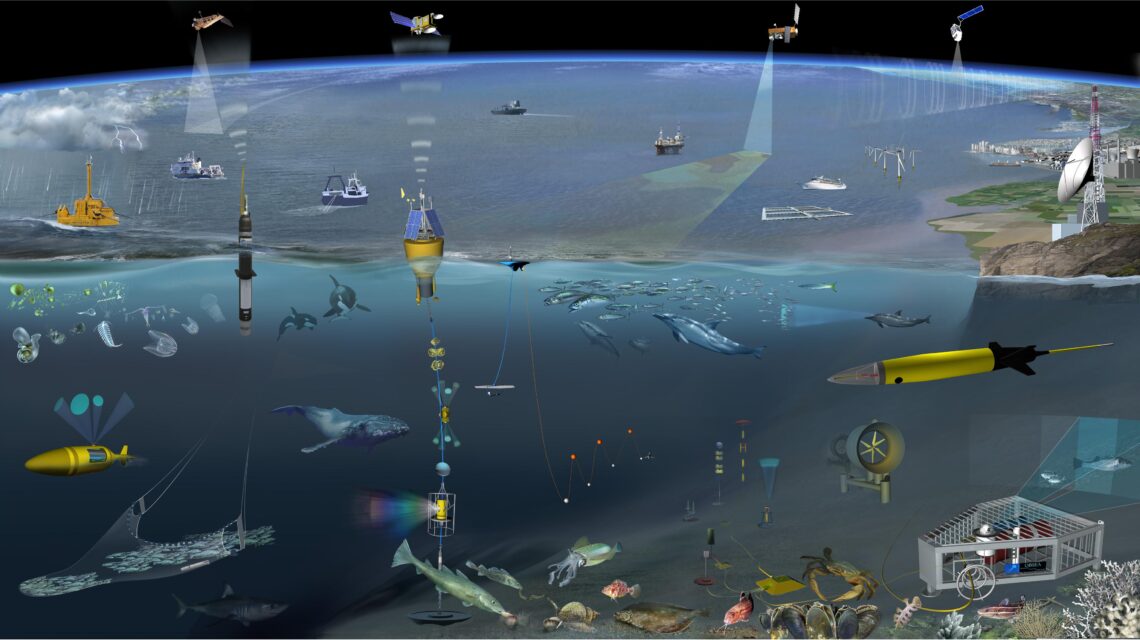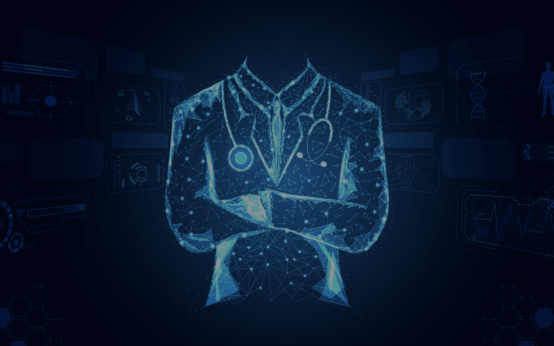We love the sea it’s so big and mysterious!
The important work of finding out how the ocean moves, which is super ticking because it decides how our whole planet’s weather works and where warmth goes, or even affects life under the water, is now getting easier for scientists to manage with smart computers throwing in big and powerful fancy-meeting coding machines! In this article “The Future of Ocean Current Exploration ” you will be known to Next-Gen Approaches to Ocean Current Research’s .
We get it; these currents are key; we need to keep watching them closely, especially with AI on our side now; it’s amazing!
Unravelling the The Future of Ocean Current Exploration
We all need to know how oceans move, because they mix up water from all over; they push cold water to warm places and make weather change; they even turn because the Earth spins. These flows were often followed with floating markers, mapped from space, or checked from boats; but this doesn’t always give us the full, exact picture just when we need it. I think it’s really important because if we know where the water is going, we can guess the weather better, figure out how to protect our fish, and understand what’s happening to the planet. It’s hard to follow – really hard. We must learn more.
Enter Artificial Intelligence
We explore.
Oceanography touched by artificial intelligence has become a field that’s been transformed by new methods for making sense of lots of information; machine learning tools, AI into healthcare , Medical Minds and Machines those smart programs within AI, are often used since they’re so good at spying complicated arrangements spread out in huge piles of data, and because of that, figuring out the encyclopedia of the sea’s flows gets less confusing.
Because we tap into AI, researchers manage to check and make sense of huge oceans full of info fast and without mistakes, helping us really get why ocean streams move like they do.
Enhancing Data Collection and Processing
I struggle because sea study is hard.
When it comes to gathering a lot of good data over big areas and long times in the sea, machines with smart tech have been created; these machines do things on their own and get a lot of useful information like how hot the water is, how salty it is, and how fast the water moves could our work get even better because of this?
We see how smart machines make stuff better, by getting a lot more data without missing spots.
Robots with AI go under the sea, learn a lot, and help us.
Predictive Modelling for Ocean Currents
AI is not only adept at processing existing data but is also instrumental in predictive modelling. By training machine learning models on historical oceanographic data, researchers can develop predictive models capable of forecasting future ocean currents. This capability is invaluable for various applications, including maritime navigation, disaster preparedness, and climate change mitigation. The ability to anticipate changes in ocean currents provides a critical advantage in adapting to evolving environmental conditions.
Challenges and Opportunities
We like AI; it’s tricky; it helps oceans. Research made by AI is often hard – data is hard to find, machines break – but it’s possible when done right. We can learn so much about the sea! We might get stuck; we get up again.
Real Time Monitoring and Adaptive Management
One of the notable advantages of AI in oceanography is the ability to enable real-time monitoring of ocean currents. This capability is crucial for responding promptly to changes in oceanographic conditions, such as shifts in current patterns or the occurrence of extreme events. With AI-powered systems, researchers and policymakers can implement adaptive management strategies, making informed decisions to address challenges like oil spills, harmful algal blooms, and the impact of climate change on marine ecosystems.
International Collaboration and Data Sharing
The effective use of AI in ocean current research requires extensive collaboration and data sharing among the global scientific community. Open-access platforms that facilitate the exchange of oceanographic data and AI models can accelerate progress in understanding and predicting ocean currents. International partnerships can leverage the strengths of different nations and institutions, fostering a collective effort to address the challenges posed by the world’s interconnected oceans.
Conclusion
The integration of AI in oceanography represents a paradigm shift in our approach to understanding and studying ocean currents. The phrase “The Future of Ocean Current Exploration” encapsulates the transformative impact of AI in this field. From enhancing data collection and processing to enabling real-time monitoring and predictive modelling, AI offers unprecedented opportunities to unlock the mysteries of ocean currents. As we navigate this new frontier, collaboration, innovation, and a commitment to sustainable ocean management will be essential to harnessing the full potential of AI in revolutionizing ocean current research.

 Takeda Fellows at the Forefront of AI in Healthcare
Takeda Fellows at the Forefront of AI in Healthcare  Strategic Design of Neural Network Architectures
Strategic Design of Neural Network Architectures 
 Medical Minds and Machines in Healthcare
Medical Minds and Machines in Healthcare 
 Fast-Paced Robot Education:Learning Methods
Fast-Paced Robot Education:Learning Methods